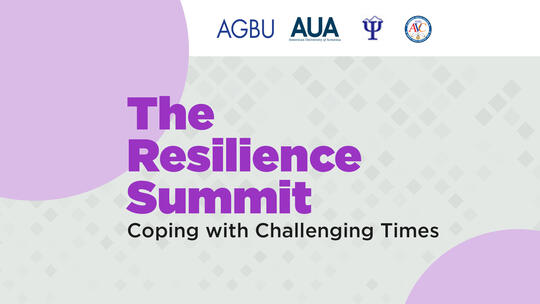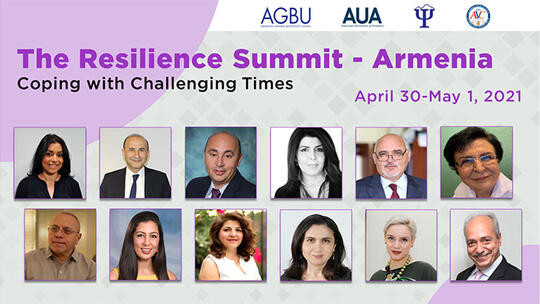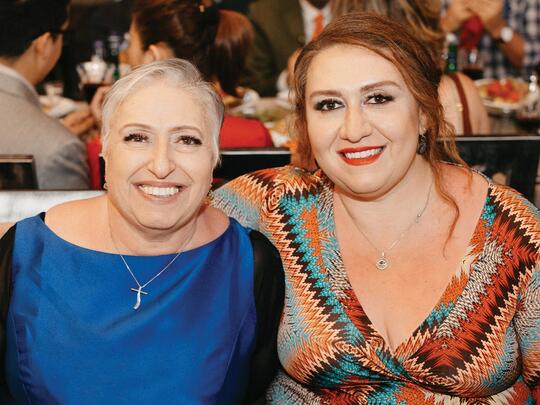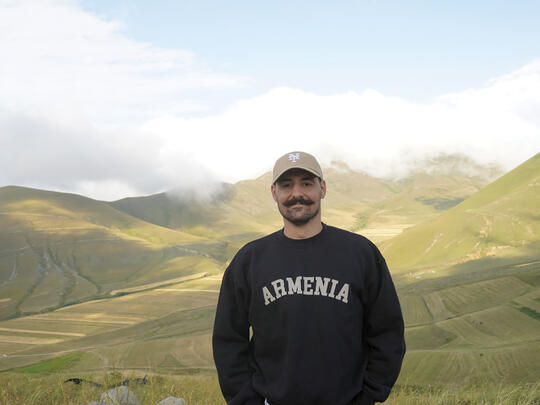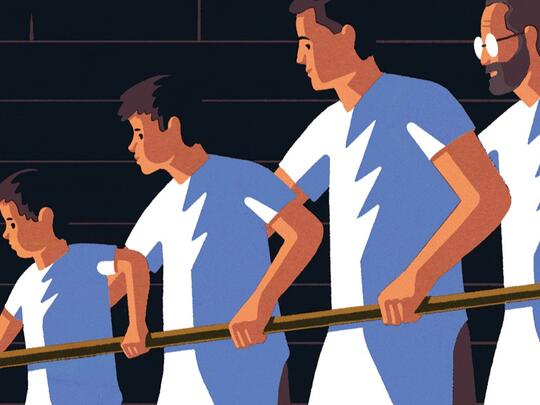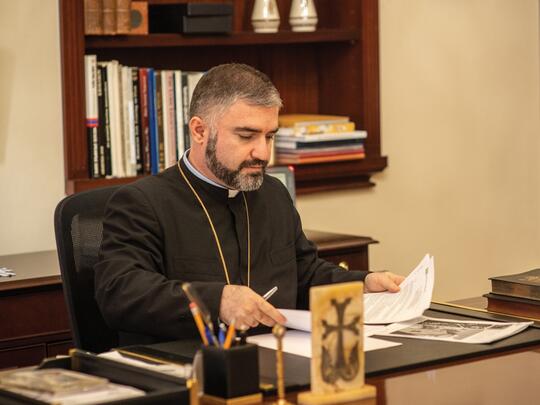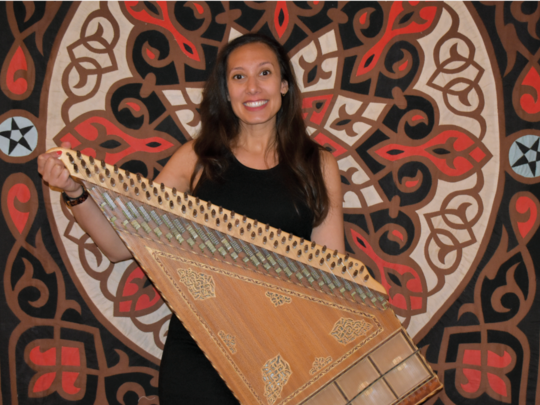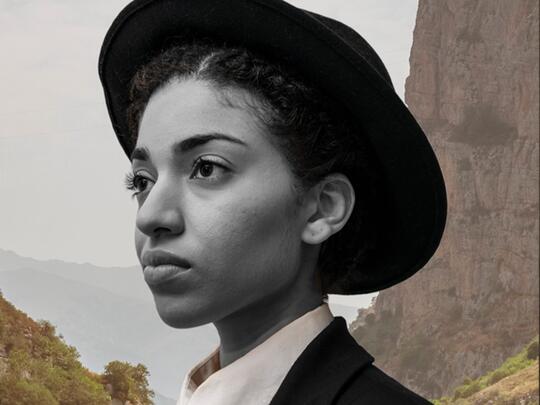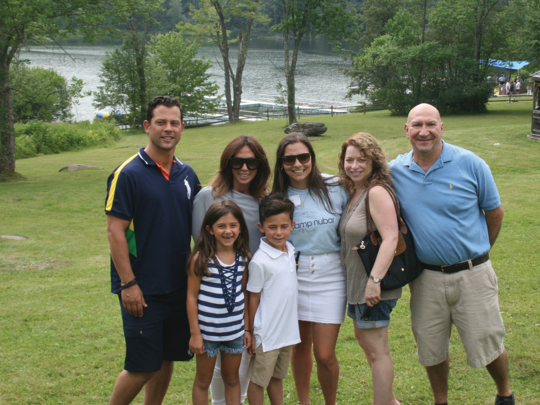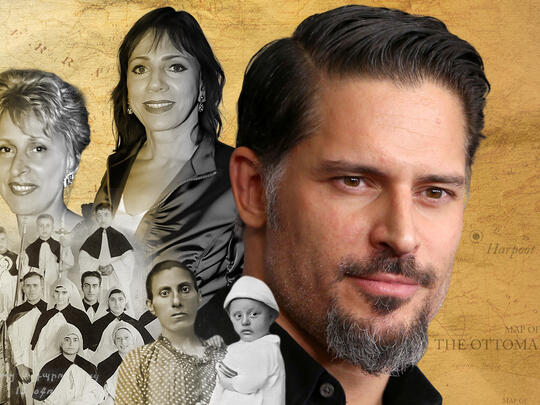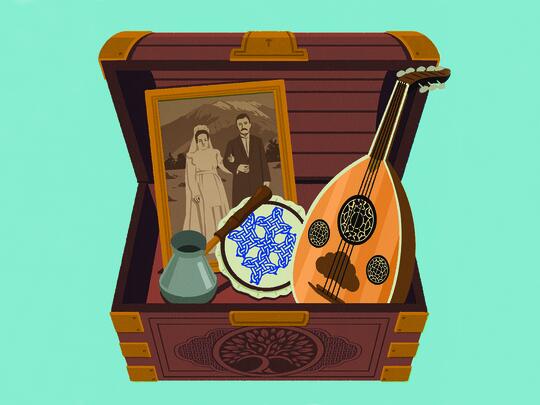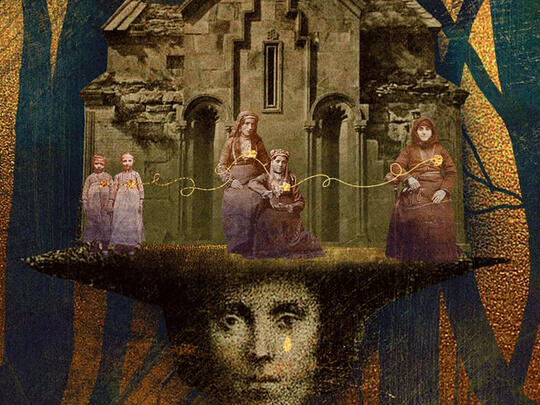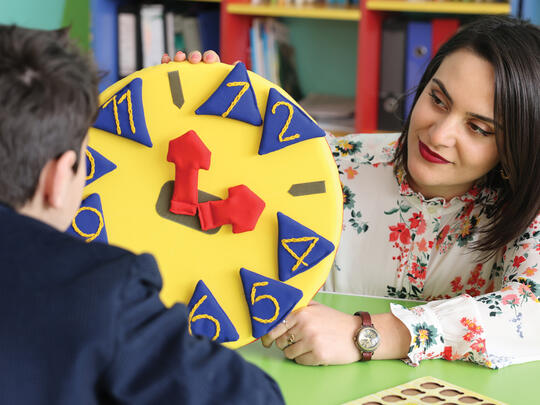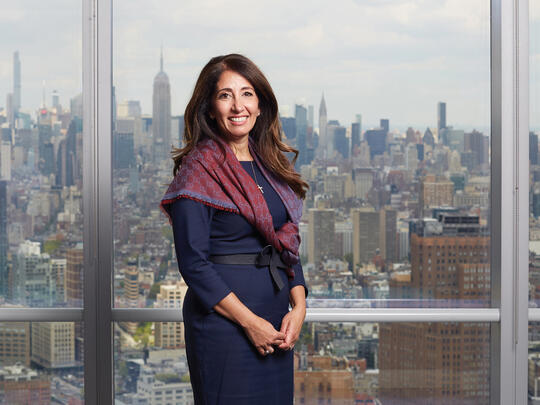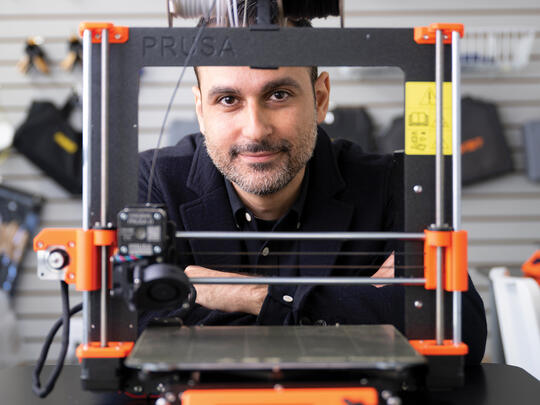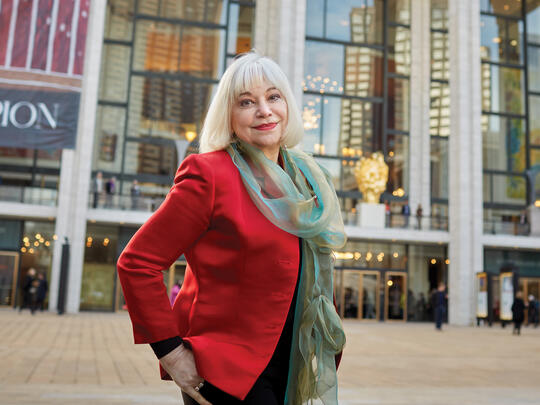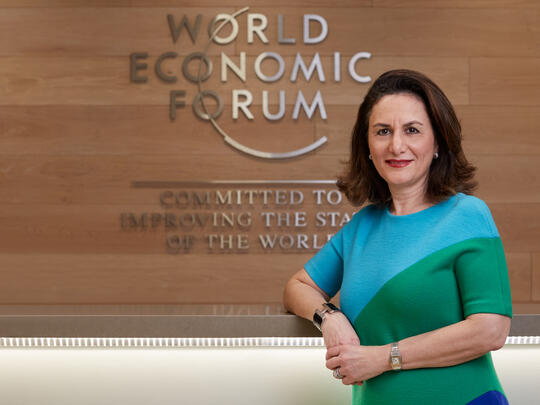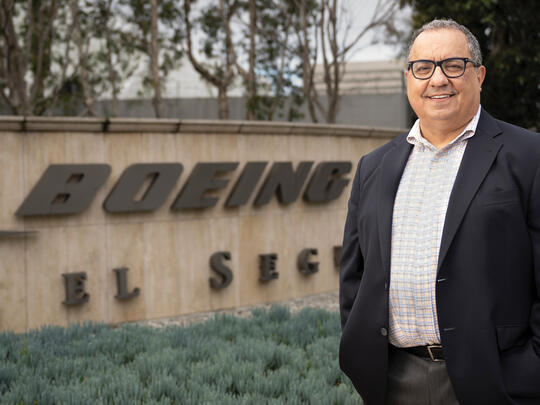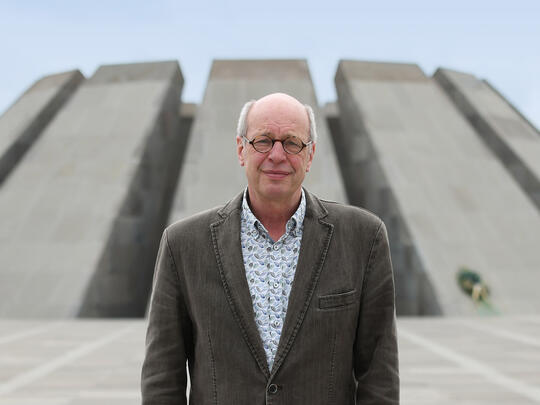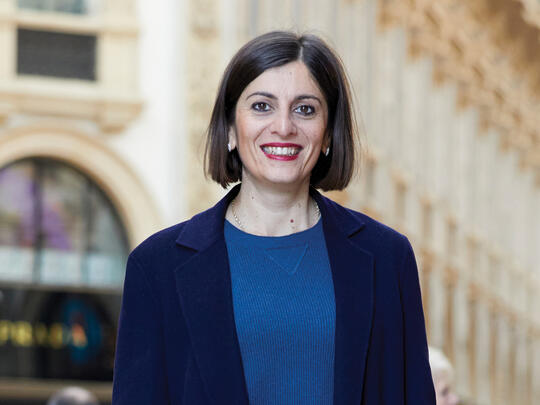AGBU Adds New Insights on Coping with Crises in Second Resilience Summit
Building on the success of its first Resilience Summit held in February 2021, the Armenian General Benevolent Union (AGBU), in collaboration with the American University of Armenia (AUA), joined forces with the Armenian Psychiatric Association (ArPA) to organize a second online conference with a focus on recent events in the homeland under the theme Armenia: Coping with Challenging Times.
The virtual event, hosted by AGBU’s Armenian Virtual College (AVC) on April 30 and May 1 was aimed at helping Armenians in Armenia, Artsakh and the Diaspora deal with their collective and respective psychosocial traumas caused by the global pandemic and the 44-Day War in Artsakh in 2020. With so many dimensions to these crises—personal, political and economic—there was much ground to cover during the two days of multiple panel sessions with distinguished discussants from across the Armenian world. While the first Summit was conducted in English, this time the event was presented in Armenian, along with simultaneous English translation. It also offered participating psychiatrists an opportunity to earn professional development credits.
Attracting over 200 attendees from 26 countries to this “heroic undertaking,” as one attendee described it, the forum provided professional advice and inspirational guidance on an array of related topics—from severe ongoing trauma, cumulative stress, intergenerational trauma and posttraumatic growth to breaking stigma, the impact of mass media on mental health, helping children avoid internalizing a victim identity, and promoting emotional and spiritual healing and recovery.
In her opening remarks, AGBU Director of Education Natalie Gabrelian set a positive tone: “Once again, the Armenian nation finds itself in a battle for survival against enemies both visible and invisible. However, we should not despair, as our centuries-long struggle has shown that we are the embodiment of resilience. It is extremely important for us to be able to find light in the darkness, to live in peace, with faith, hope and love.”
On behalf of the Armenian Psychiatric Association, Dr. Armen Soghoyan expressed readiness to work alongside AGBU to mobilize the professional community for the critical task of exploring the programs and mechanisms by which to develop a national level of resilience, as a basis for future security, development, and prosperity of the nation.
The first session How to Deal with Severe Ongoing Trauma was moderated by Dr. Arman Danielyan, a pediatric psychiatrist from San Francisco (USA). Speaking about recent research conducted among soldiers fighting in the 44-day war, discussant Dr. Samvel Sukiasyan, director of the “Stress” Mental Health Clinic at the ArtMed Medical Recovery Center in Yerevan, noted, “Combat trauma is not just a form of stress, it is a mental, physical, social and moral trauma that affects a person on different levels, undermining their physical and social wellbeing.” In turn, Dr. Shushan Kalantaryan, a licensed marriage and family therapist in the Los Angeles area, shared her experience with positive cognitive behavioral therapy (CBT) as an effective method for rehabilitating those with post-traumatic stress disorder (PTSD). During the war, Dr. Kalantaryan led a team of mental health professionals from abroad in a humanitarian relief mission to provide direct mental health assistance for soldiers, survivor families, and refugees in Armenia.
For the session on Intergenerational Transmission of New Trauma and Posttraumatic Growth, Dr. Rita Soulahian Kuyumjian, a clinical psychiatrist and Assistant Professor at the Department of Psychiatry at McGill University in Canada and Dr. Khachatur Gasparyan, chair of the Medical Psychology Department at Yerevan State Medical University and clinical director of the INTRA Mental Health Centre, addressed the unresolved grief associated with the historic trauma of the Genocide. Describing it as an obstacle to developing resilience, they discussed ways to overcome intergenerational trauma with post-traumatic growth. In noting the Diaspora’s important role in building national resilience during the 2020 war and now in its aftermath, Dr. Gasparyan referred to the Armenian Earthquake of 1988, saying, “Just like after the earthquake, once again it was proven that the Diaspora is the source of our resilience.” Both had worked together in the aftermath of the earthquake to bring needed psychological care to children and families in the devastated region.
Dr Kuyumjian concluded with a call to action. “The time has come for us to re-evaluate ourselves, to wisely estimate our political reality, not to put ourselves above our enemies and not to underestimate them, and to continue to fight for our existence without despair.”
In considering the needs of the youngest generation, panelists Dr. Violet Hovsepian Mesrkhani, a clinical psychologist from the US and Dr. Lilit Karapetyan, a psychologist at the Psychosocial Recovery Center in Armenia, shared their expertise in the session on Helping Children Avoid Victim Identity, moderated by educator and non-profit director Nanor Balabanian. Balabanian had moved to Armenia from the US just a day before the war broke out and has since helped open temporary schools in several shelters for displaced children in addition to working with soldiers on their path to recovery.
According to Dr. Mesrkhani, “Victim identity is a learned behavior developed in response to trauma, and it can also be “unlearned.” The panelists emphasized the role of parents in identifying the symptoms and helping children find the inner strength to overcome victim identity.
Summarizing the first day of the Resilience Summit-Armenia, Marietta Khurshudyan, CEO of the Armenian Psychiatric Association, and co-founder and host of the “Hogebanali” psycho-educational television program, along with Dr. Yervant Zorian, AGBU Central Board Member and Founding President of the AGBU AVC, agreed that lifelong learning is an effective means of developing resilience. “We cannot change the past, the history of our people, but we can always change the future. Today’s discussions were about the future,” noted Khurshudyan. Referencing participant demographics spanning young and old with equal participation from Armenia/Artsakh and the Diaspora, Dr. Zorian noted that “today’s psychological health issues, trauma and post-traumatic recovery are important for people of different ages, for our entire nation.”
Whereas the first day of the Summit offered more professional guidance aimed at strengthening the expertise of professionals working with individuals and families in Armenia and Artsakh, the second day’s agenda was designed to appeal to and inspire hope in a broader audience.
Dr. Varduhi Petrosyan, professor and dean of the AUA Turpanjian School of Public Health opened the proceedings, which began with a panel on Cumulative Traumas and Resilience, moderated by Yelena Sardaryan, senior counselor and coordinator of the counseling and disability support services at AUA. Discussant Dr. Levon Jernazian, a licensed clinical psychologist from California, posited, “Resilience is one of the ways to adapt to change. It starts with the truth.”
Dr. Garine Papazian-Zohrabian, a clinical psychologist and psychotherapist from Montreal (Canada), who had carried out her dissertation research in Artsakh during the 1990s, maintained that “resilience is a changing quality, so as a society, we are able to take steps to develop resilience in individuals, families, and society in a state of collective psychological trauma.”
Dr. Jernazian described the Armenian reality as “living in a critical moment when we have to make a choice—either one of development, towards healthy national psychology, one that does not wait for outside support and does not rely on imaginary friends, or choosing to adopt the psychology of a victim, based on the idea that we cannot move forward until the issues of the past are resolved and the wounds of the past have healed.”
Fellow panelist Dr. Lara Tcholakian, who has been living in Armenia for the last 17 years, made this observation: “A century ago, our forefathers who survived the Genocide didn’t have the resources we have today. While we have various means and better platforms of expression, such as social media, we still fail to use these tools to express ourselves and engage in a constructive conversation.”
The next session tackled the topic of Mass Media and Mental Health. Maria Titizian, editor-in-chief of “EVN Report” (Armenia) led the discussion with Jirair Jolakian, co-founder and director of “Nor Haratch” Weekly in France and Lara Setrakian, journalist and CEO of News Deeply, currently based in Armenia.
Jolakian pointed out the lack of analytical, critical and independent media in today’s Armenia and the need for responsible journalism. “Media outlets are the expression of the mental health [of a society]; they are a microphone. A mentally healthy society also has a healthy media system.”
Setrakian had words of advice to those overwhelmed by the daily stream of negative information and fake news. “We can build a platform for better dialogue within the Armenian information ecosystem. Go on a news diet. Watching the news is not part of your responsibility. Whatever you do, make sure the news you are using is helpful to you.”
The third panel Breaking Stigma explored how those suffering with mental health issues fail to seek professional help, which leads to deteriorated health, an inability to work and an increased economic burden on the society. Moderator Marietta Khurshudyan, Dr. Armen Soghoyan and actress, producer and social activist Arsinée Khanjian stressed the importance of how all our returning soldiers, regardless of their age, should find help through therapy. “It will be helpful not only for yourself, but also to your family, your loved ones, your children, mothers, fathers,” urged Khanjian.
In a move toward inner reflection, the session called Finding Light in the Darkness was moderated by Keghani Mardikian, MSW, RSW, trauma specialist from Canada now living in Armenia since the war. Dr. Ruth Kupeian, counselor at AUA, and Rev. Fr. Mesrop Parsamyan, dean of the Gevorkian Theological Seminary at the Mother See of Holy Etchmiadzin, shared their wisdom. “Suffering is inevitable. The way we deal with the hardships determines whether there is darkness within us,” said Fr. Mesrop. “We must accept life as it is and try to find the light of God in the darkness.”
Continuing the theme, actor, artist and writer Vahe Berberian spoke about Faith, Hope and Love as the core axis of life, and how they are vanishing from today’s world. “Participate joyfully in the sorrows of the world. Let’s love one another, be forgiving of one another and be helpful to one another as much as possible.”
In closing the event, Dr. Zorian noted that the solid participation over the two days of discussions proved the need for such conversations. “There is still a lot for us to do as individuals, as families, as a community and as a nation. This was just a two-day chapter in our long journey,” concluded Dr. Zorian.
To that end, the resources and advice from both Resilience Summits are accessible on the AVC platform. Please register to watch the recordings at www.avc-agbu.org.
Read this press release in the following languages:
Armenian (Eastern)
Armenian (Western)
Please note that archived content may appear distorted as it has been stripped of formatting and original images.

